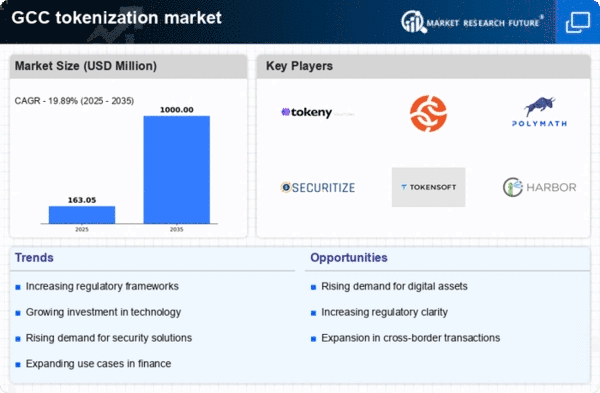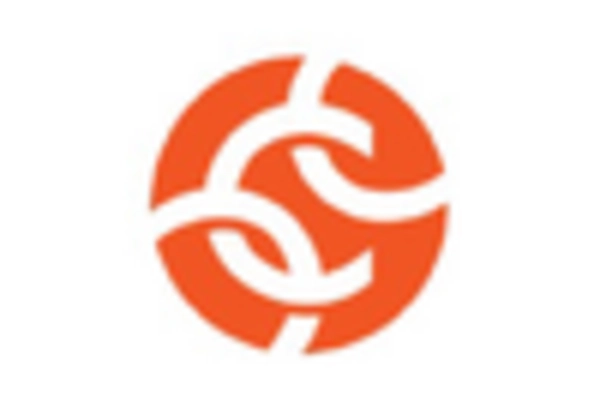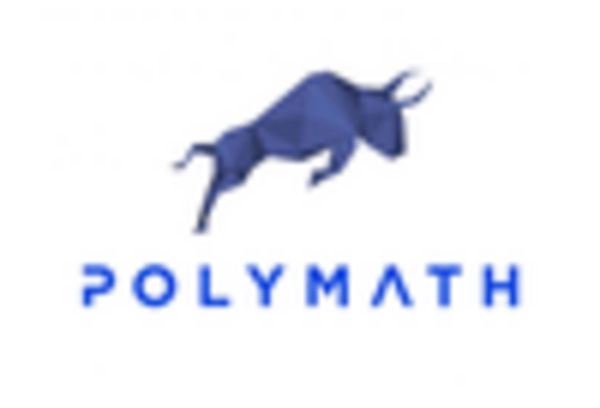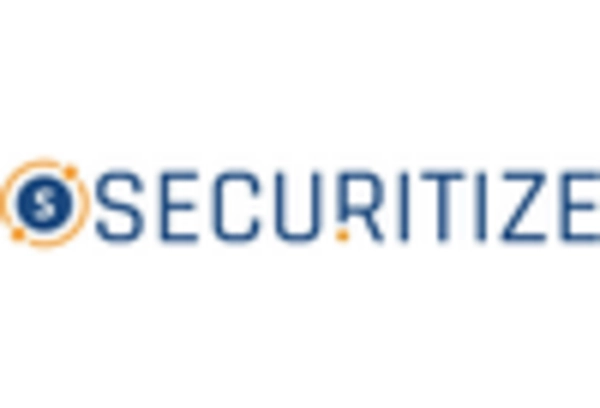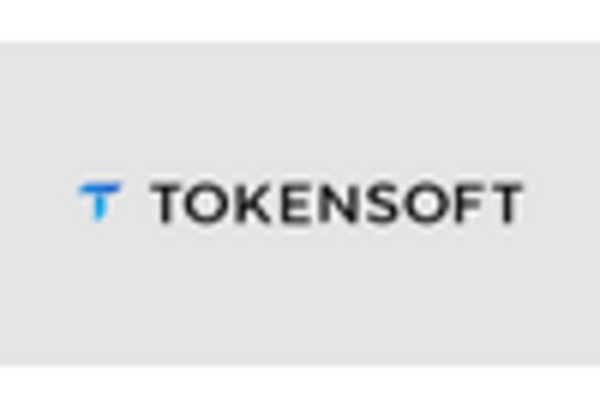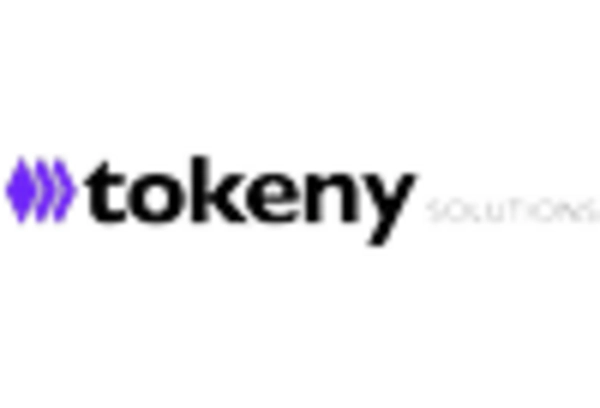Expansion of E-commerce Platforms
The rapid expansion of e-commerce platforms in the GCC is significantly influencing the tokenization market. With online shopping becoming increasingly prevalent, businesses are compelled to adopt secure payment methods to enhance customer trust. The e-commerce sector in the GCC is expected to reach $28 billion by 2026, indicating a substantial opportunity for tokenization solutions. As consumers demand seamless and secure payment experiences, companies are integrating tokenization to protect payment information during transactions. This trend not only mitigates fraud risks but also aligns with consumer expectations for privacy and security. Thus, the growth of e-commerce platforms serves as a critical driver for the tokenization market, fostering innovation and investment in secure transaction technologies.
Growing Awareness of Data Privacy
The growing awareness of data privacy among consumers is a significant driver for the tokenization market. As individuals become more informed about their rights regarding personal data, they are demanding greater transparency and security from businesses. In the GCC, surveys indicate that over 70% of consumers prioritize data protection when engaging with online services. This heightened awareness is prompting organizations to adopt tokenization as a means to enhance their data protection strategies. By utilizing tokenization, businesses can reassure customers that their sensitive information is handled securely, thereby fostering trust and loyalty. Consequently, the increasing focus on data privacy is likely to propel the tokenization market, as companies seek to align their practices with consumer expectations.
Rising Demand for Secure Transactions
The tokenization market is experiencing a notable surge in demand for secure transaction methods, particularly within the financial sector. As cyber threats continue to evolve, businesses are increasingly seeking solutions that protect sensitive data. In the GCC, the market for secure payment solutions is projected to grow at a CAGR of 15% from 2025 to 2030. This growth is driven by the need for enhanced security measures to safeguard customer information and prevent data breaches. Tokenization, by replacing sensitive data with non-sensitive equivalents, offers a robust solution to these challenges. Consequently, the rising demand for secure transactions is a pivotal driver for the tokenization market, as organizations prioritize data protection and compliance with stringent regulations.
Increased Regulatory Compliance Requirements
The tokenization market is significantly impacted by the increasing regulatory compliance requirements across various sectors in the GCC. Governments and regulatory bodies are implementing stringent data protection laws to safeguard consumer information. For instance, the introduction of the Personal Data Protection Law in the region mandates organizations to adopt measures that ensure data security. This regulatory landscape compels businesses to seek tokenization solutions as a means to comply with legal obligations while protecting sensitive data. As organizations strive to meet these compliance standards, the demand for tokenization technologies is likely to rise, positioning the tokenization market as a vital component in achieving regulatory adherence and enhancing data security.
Technological Advancements in Payment Systems
Technological advancements in payment systems are driving the evolution of the tokenization market. Innovations such as mobile wallets, contactless payments, and digital currencies are reshaping consumer payment behaviors. In the GCC, the adoption of mobile payment solutions is projected to grow by 20% annually, reflecting a shift towards more convenient and secure transaction methods. Tokenization plays a crucial role in these advancements by ensuring that sensitive payment information is securely processed and stored. As businesses integrate advanced payment technologies, the need for tokenization solutions becomes increasingly apparent, thereby propelling the growth of the tokenization market. This trend highlights the importance of staying ahead in a rapidly changing technological landscape.


